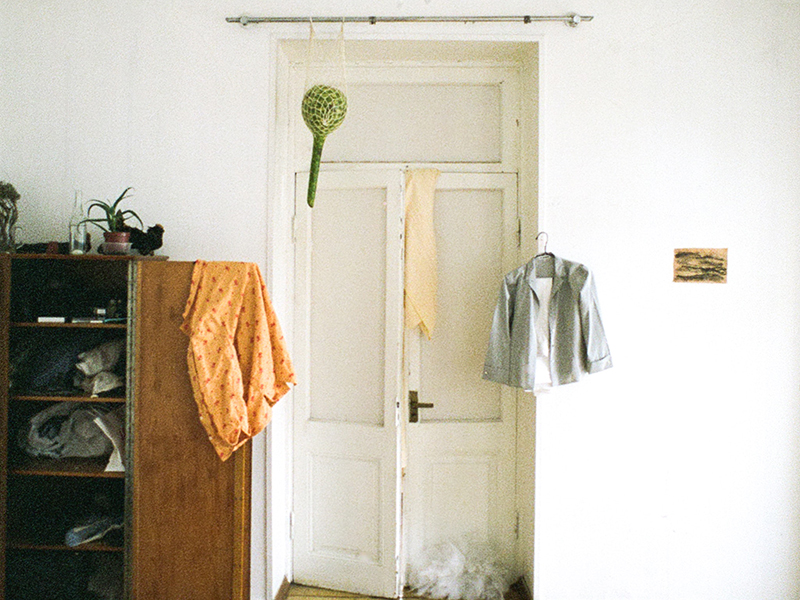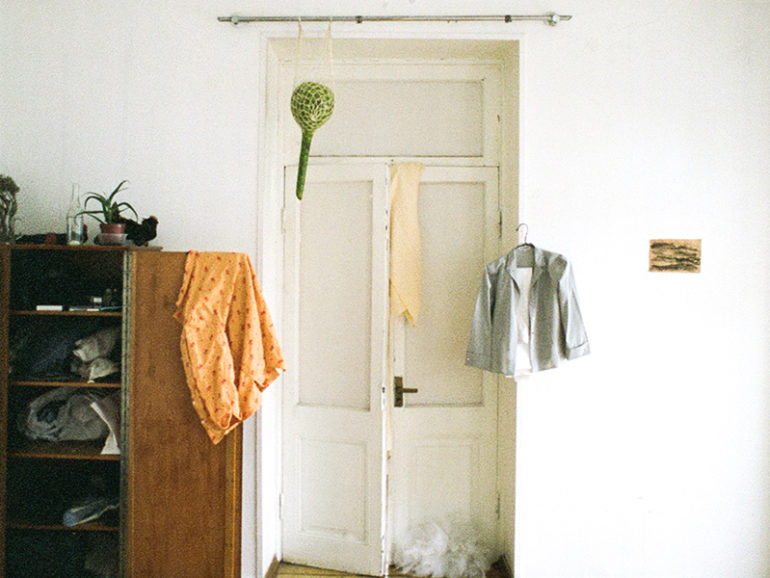One of our writers explains why she won’t be discussing her sexuality with her family and why having boundaries is important

Growing up in a tiny village in the middle of nowhere was never easy on my sexuality. I had a conservative family telling me I would marry a man and have children, a Catholic school education, and I was nevertaught what sex was. It was the perfect recipe for suppression. Heteronormative ideals were entrenched in my upbringing, especially with my father being a hardcore traditionalist; there was never any room for me to even think about being any sexuality other than straight.
It was around age 16 that I started to doubt my previously secure sexuality. I was paranoid there was something wrong with me and suppressed this version of myself. It was only when I moved away from home and started university in a new city that I finally felt liberated. I was somewhere I was virtually unknown, surrounded by people my age who were completely comfortable with who they were. A few drunken nights confirmed to me what I had known all along – I was bisexual and I was in a place where I could shout it from the rooftops. I was more comfortable with telling people I barely knew than with the thought of having to tell my family because I knew there would be no consequences.
It was only when I moved away from home and started university in a new city that I finally felt liberated.
The idea of telling my family scared me; the love I have for them, despite their views, made it difficult to even consider coming out as I had a horrible feeling that my father would cut me off. The guilt I have attached to my sexuality is something I still struggle with on a daily basis, it’s hard to shake the sensation that you’re doing something you’ve always been told is wrong. I’m definitely more comfortable with my sexuality now, but also aware that this isn’t an aspect of myself I want to share with my family.
There’s this inherent idea that until I come out then I’m not bisexual, or my sexuality isn’t “valid”. A 2013 Pew Research Centre survey found that only 28% of bisexuals say all of the most important people in their life know they are bisexual. This could be due to the fact that bisexuality isn’t typically something that needs to be addressed, because of this idea you can still very much end up being a part of the heteronomative ideals that are deeply rooted in this society. I think because that’s something I still consider and still think could end up happening, a part of me thinks there isn’t any need to tell my family because I might not ever have to.
Another part knows that I’m not currently in a position to be independent of my family. I’m waiting for a time where I am financially independent to come out to them because then I know there will be no consequences to my wellbeing. I fall well within the statistics of bisexuals who choose not to disclose their sexual orientation, but I know I have my reasons for it. I don’t want to invite my family members into my bedroom and discuss my sexual history with them, I want to have boundaries – my sexuality and sex life being firmly one of them.
My queerness isn’t dependent on whether people know or not because once I’d admitted it to myself, there wasn’t anybody else I needed to tell. This truth is mine and only mine. Moving away from my small conservative village, away from the suffocating ideals of my family freed me and that in itself is enough for me, whether I ever tell them about my sexuality is my business only.

